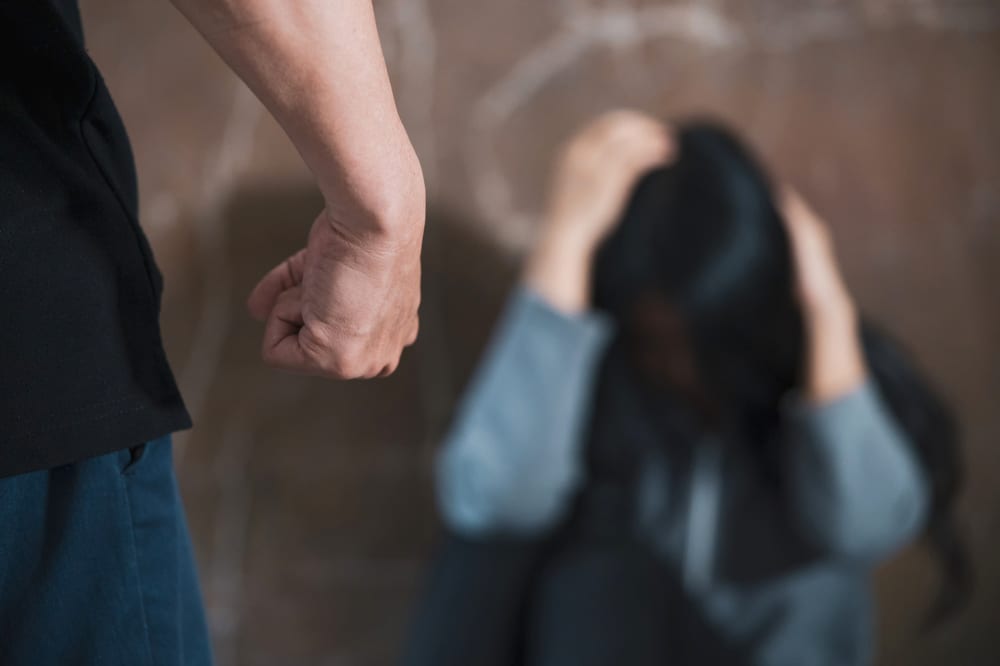What Is Domestic Abuse? Types, Causes and Solution
Domestic abuse, also known as domestic violence, is a pattern of behavior used by one person to gain power and control over another person in a domestic setting, such as a marriage or cohabitation. This abusive behavior can take various forms, including physical, emotional, psychological, sexual, or financial abuse. Domestic abuse can occur between partners, spouses, or other family members, and it can have serious and long-lasting effects on the victim’s physical and mental health. It is important for victims of domestic abuse to seek help and support to ensure their safety and well-being.
What are the types of domestic abuse?
Domestic abuse can take many forms, and it is not limited to physical violence. Here are some common types of domestic abuse:
- Physical abuse: This involves any physical harm or threat of harm inflicted on a person by another family or household member. It may include hitting, punching, kicking, slapping, or using weapons.
- Emotional abuse: Also known as psychological abuse, this type of abuse involves behaviors that aim to undermine the victim’s self-esteem, confidence, and mental well-being. It can include verbal threats, insults, intimidation, gaslighting, and isolation from friends and family.
- Sexual abuse: This involves any form of non-consensual sexual activity or coercion within a relationship. It includes rape, sexual assault, unwanted sexual advances, and any other sexual activity without consent.
- Financial abuse: This involves controlling or withholding access to financial resources, such as money, bank accounts, or property, to limit the victim’s independence and ability to leave the abusive situation.
- Digital abuse: This type of abuse involves the use of technology, such as smartphones, social media, and the internet, to harass, intimidate, or control a partner or family member. It can include monitoring phone or computer activity, sending threatening messages, or spreading false information online.
- Stalking: Stalking is a form of harassment where the abuser repeatedly follows, contacts, or monitors the victim without their consent, causing fear or distress.
It’s important to recognize that domestic abuse can take many forms and that each situation is unique. If you or someone you know is experiencing any form of domestic abuse, it’s important to seek help and support.
What are the causes of domestic abuse?
Domestic abuse is a complex issue with no single cause. It is often the result of a combination of factors that contribute to an abusive relationship. Some possible causes and risk factors for domestic abuse include:
- History of abuse: Individuals who have experienced or witnessed abuse in their childhood or past relationships may be more likely to become abusers themselves or to tolerate abusive behavior.
- Social and cultural factors: Societal norms and beliefs that condone or normalize violence, as well as gender inequalities and traditional gender roles, can contribute to the perpetuation of domestic abuse.
- Substance abuse: Drug or alcohol abuse can lower inhibitions and impair judgment, leading to an increased likelihood of abusive behavior.
- Lack of communication skills: Poor communication and conflict resolution skills can lead to misunderstandings and escalate into abusive behavior.
- Control and power dynamics: Abusers often seek to control their partners and maintain power in the relationship through abusive tactics.
- Mental health issues: Mental health conditions, such as depression, anxiety, or personality disorders, can contribute to abusive behavior if left untreated.
- Stress and life changes: Significant life changes, such as financial difficulties, unemployment, or major life transitions, can increase stress levels and contribute to abusive behavior.
It’s important to note that these factors are not excuses for abusive behavior, and individuals who are abusive are responsible for their actions. If you or someone you know is experiencing domestic abuse, it’s important to seek help and support.
How does one stop domestic abuse?
Stopping domestic abuse requires a multifaceted approach that addresses the immediate safety of the victim and provides long-term support to prevent future abuse. Here are some steps that can help stop domestic abuse:
- Ensure safety: If you are in immediate danger, call emergency services (911 in the United States) or your local police. If you can do so safely, leave the abusive situation and go to a safe location.
- Seek support: Reach out to friends, family, or a domestic violence hotline for support and guidance. They can help you develop a safety plan and connect you with resources for shelter, counseling, and legal assistance.
- Document the abuse: Keep a record of the abuse, including dates, times, and descriptions of incidents. This can be useful if you decide to seek legal protection or press charges against the abuser.
- Seek medical help: If you have been physically injured, seek medical attention immediately. Document any injuries and follow up with healthcare professionals as needed.
- Consider legal options: You may choose to seek a restraining order or protective order against the abuser. Legal assistance may be available through domestic violence advocacy organizations or legal aid services.
- Attend counseling: Counseling can help you process your experiences, develop coping strategies, and build self-esteem and confidence.
- Educate yourself: Learn about the dynamics of domestic abuse and how to recognize the signs. Knowledge can empower you to make informed decisions about your safety and well-being.
- Create a safety plan: Develop a plan to keep yourself safe in case of future incidents. This may include identifying safe places to go, keeping important documents and necessities ready to grab, and establishing a code word with trusted friends or family members to signal when you need help.
- Encourage accountability: Hold the abuser accountable for their actions by reporting abuse to the authorities and seeking legal recourse if appropriate.
Stopping domestic abuse requires courage, support, and resources. If you are in an abusive situation, know that help is available, and you deserve to live free from violence and fear.




